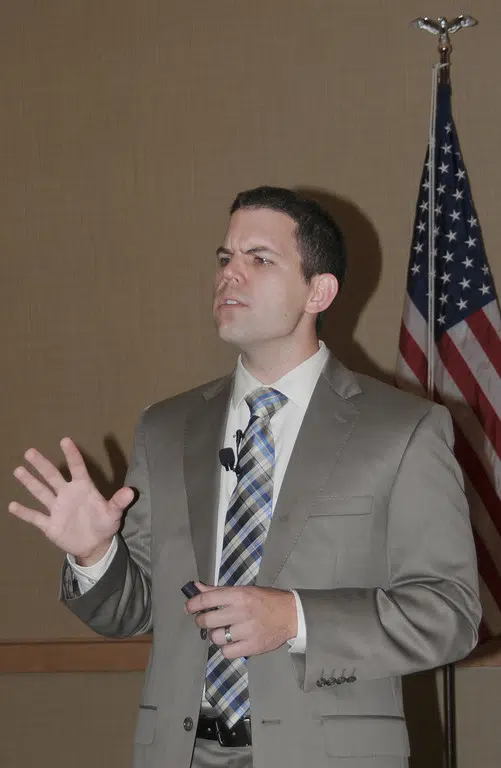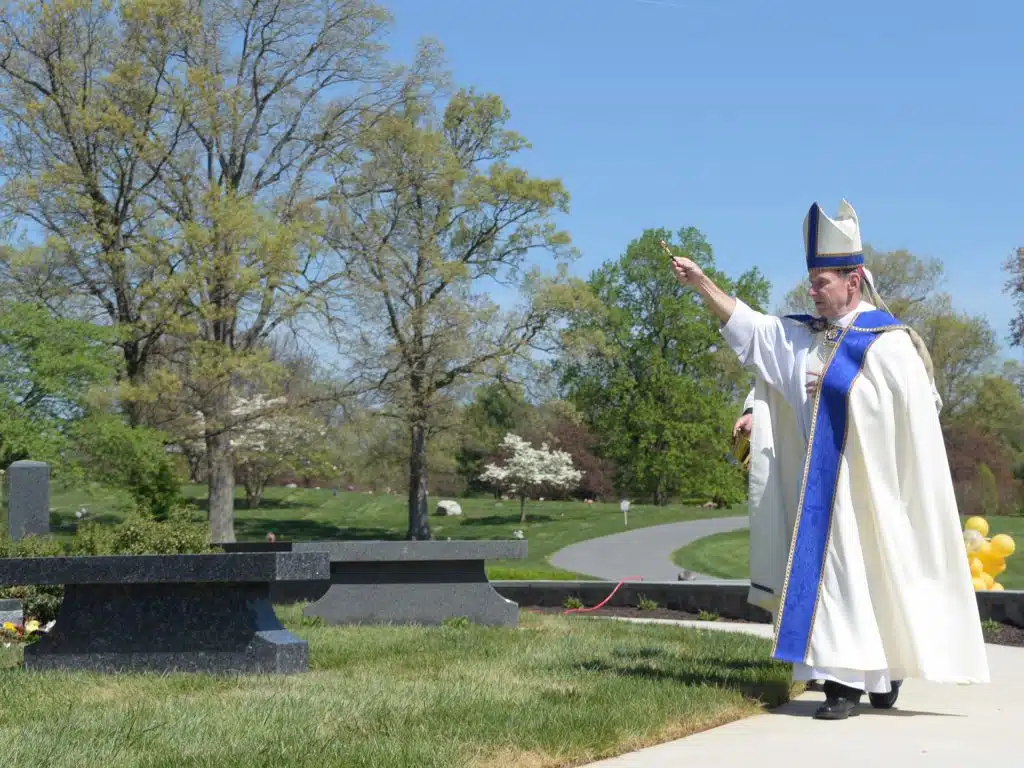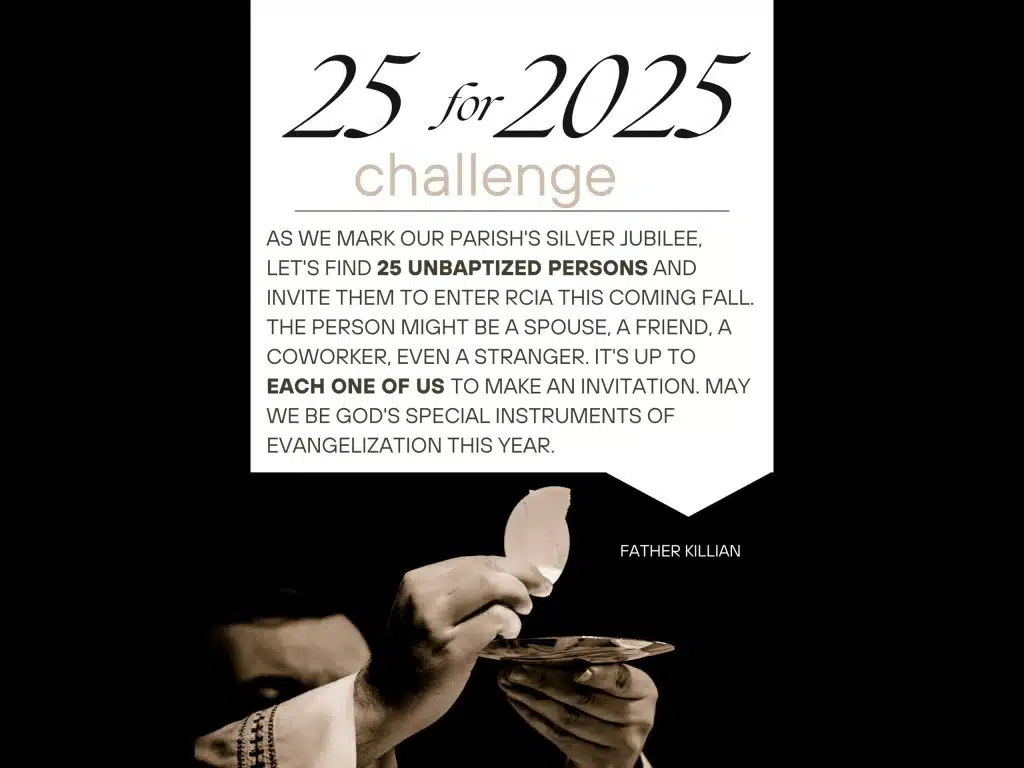Brandon Vogt, 26, is a mechanical engineer, Catholic convert
and blogger whose mission is to help the church spread the
Gospel with technology. He began his online persona as a
Protestant blogger, eventually converting to Catholicism and
blogging on his new faith.
Vogt discussed his ideas for evangelization May 10 at a
presentation sponsored by Catholic Distance University
Graduation Alumni Weekend at the Westin Hotel in Arlington.
CDU was founded in 1983 as the Catholic Home Study Institute
offering correspondence courses in theology. It became
accredited in 1986 and in 1996 changed its name to Catholic
Distance University and began offering master’s degrees in
theology. It offered its first online seminar in 2000.
More than 50 people turned out to hear Vogt talk about the
power of new media to serve the church’s new evangelization
initiative.
Vogt began his talk with the pop-up book developed by Lothar
Meggendorfer in 1862 in Germany. It was a technological leap
from the one-dimensional printing invented by Johannes
Gutenberg. The change to new media tools like Twitter and
Facebook is similar, said Vogt.
“We still tell stories,” Vogt said, “(but) the way we tell
them has changed dramatically.”
He said the stories must be told in a fresh and creative way.
That, he said, is the key to a new evangelization, which is
an important part of the church’s role in the world.
Vogt said that Vatican II was an evangelization event that
Pope John XXIII convened to “open the windows and doors of
the church to the world.”
Pope Paul VI continued the evangelization focus saying, “(The
church) exists in order to evangelize.”
In a 2005 apostolic letter, Blessed John Paul II said, “Do
not be afraid of new technologies. These rank among the
marvelous things.”
Following his predecessors, Pope Benedict XVI said that the
new evangelization efforts must, “repropose the perennial
truth of Christ’s Gospel.”
We must not be afraid of new things in helping to spread the
Gospel, said Vogt. These new things include blogs, texting,
Twitter and Facebook.
To illustrate the pervasiveness of Internet-based tools, Vogt
said that more new videos are uploaded to YouTube each month
than have been created by NBC, CBS and ABC in the last 60
years. Four hundred million texts are sent every day and 8
trillion texts were sent last year.
“Technology has radically changed the way we communicate,” he
said. “If evangelization is our aim, no greater tool exists.”
Vogt said there are five keys to evangelizing with new media:
Ground yourself in Christ, learn the new media, see the world
through a Christian lens, know the culture, and figuratively
go to the Areopagus.
Vogt said we could learn a lesson from St. Paul’s sermon at
Areopagus. The Areopagus was a place in Athens, Greece, where
people could meet to discuss and share ideas.
Vogt said it was a place “where the brightest of the bright
(came) out to discuss new things.”
When Paul went there, some regulars laughed at him, but
others said, “You bring some strange notions to our ears.
Come back tomorrow.”
Paul came back, and some people laughed at his ideas and some
left, but many listened.
Vogt said that Catholics need to create a “digital
Areopagus.”
“Our message may be laughed at, but some may say, ‘We would
like to hear more.'”
On the Web
brandonvogt.com
strangenotions.com



